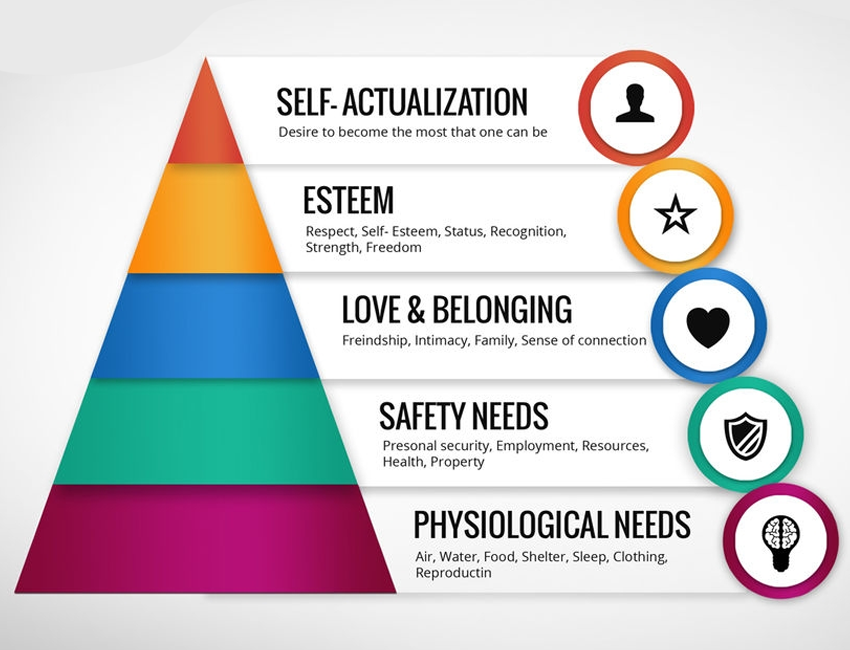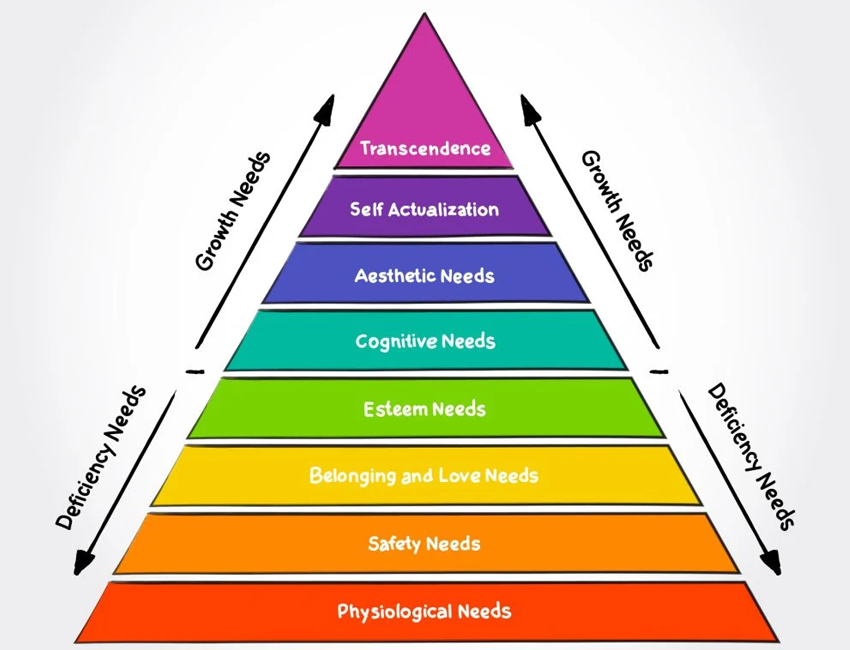How To Meet Your Needs
We all have the same needs
Meeting our needs is something most therapeutic treatments are designed around, it is also a practice that is being shared more openly through coaching & well-being services, this is great news for all of us. (Remember seeing a licenced therapist is advisable where possible)
We all have the same needs, the thing that sets us apart is what need we need to meet at any given moment & how we feel that need is met and how we have learned to meet that need throughout our lives. We are fundamentally all the same, our circumstance & experience in how our needs are met from birth, coupled with our response is what makes us look & feel very different. Our nurture or lack of affects us profoundly, this gives us the essence of our uniqueness, creativity, and personality.
This is helpful as it means we have the opportunity to discover how to identify how we manage and meet our needs in ways that works for us.
This allows us to have an element of control, take new perspectives. The point of meeting our survival needs is that it helps us to be better problem solvers, critical thinkers, innovators. When meeting out basic needs becomes the thing we are chasing it can feel like daily battle, one that is unnecessary. Where we can working flexibility and have more opportunity to meet our basic needs, the warmer, more involved and engaged we feel in community which starts to meet secondary needs, it flows nicely.
What are our Survival Needs?
Abraham Maslow listed our Survival needs on the bottom of his pyramid - Maslow’s hierarchy of Needs as shown above. Our safety needs help us meet our physiological needs and vice versa, these very much work together and are equally important. When these are unmet or constantly sacrificed issues arise. This is why we look to health and well-being as it helps support meeting these needs. These need chronically unmet, badly managed or not understood on a fundamental level can and do affect business and community.
What are our Secondary needs?
When our survival needs are met we can work up and meet our secondary needs which include personal and professional growth and development (see images)-these build our esteem and confidence. When these are undermined we can experience issues.
Considering if employees are able to meet their fundamental needs is imperative for managers and leaders if they are to foster the kind of workplace cultures that are idealised.
Download our Wellbeing Toolkit or look into our workshops
I hope you enjoyed this article and took some useable knowledge from .Please leave a comment, press the heart button and share it to help more people take control of their health, well-being and fitness.
updated 15.11.24



